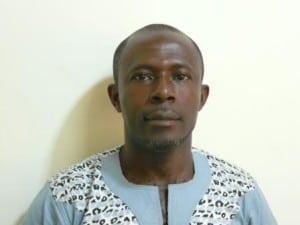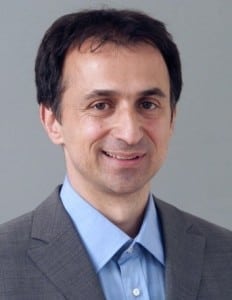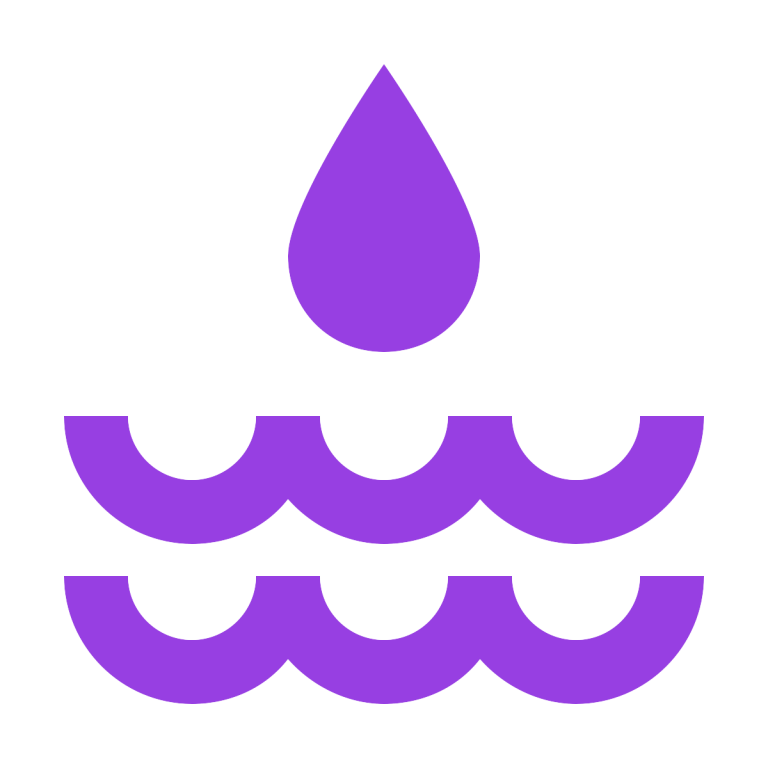A wide range of conventional and innovative water, sanitation and hygiene (WASH) technologies are readily available to implementing sector agencies and communities worldwide. Affordable solutions for achieving sustainable WASH services are within reach, yet few have been mainstreamed and/or scaled up successfully. Despite the failure of various conventional WASH technologies to deliver a sustainable service, the sector has been hesitant about adopting innovative technologies.
It can be challenging to assess if a water, sanitation and hygiene (WASH) technology really has the potential to provide sustainable services and continue to work at scale. In response to this, WASHTech project has developed and tested a methodological framework that envisages helping the sector identify technologies that work and may be brought to scale. In collaboration with sector stakeholders in Burkina Faso, Ghana and Uganda, WASHTech has developed the following tools that help with this assessment:
The Technology Applicability Framework (TAF) is a decision-support tool that helps, using a participatory process to assess if a specific technology is applicable in a certain context and can be scaled up. TAF functions in two ways within a given context: a) it identifies a sustainable and applicable WASH technology from those that are not; and b) it reveals risks and supportive factors that influence the successful introduction or roll out of a technology. A complementary tool, the Technology Introduction Process (TIP) defines the roles and activities of key actors needed for successful introduction and scaling up of technologies in a country.
In all three countries, national level ‘host’ institutions with a formal role in technology introduction in the country have agreed to take TAF and TIP forward.
In this webinar, participants will:
- Learn more about bottlenecks to lasting service delivery and how the Technology Applicability Framework (TAF) and Technology Introduction Process (TIP) can help
- Understand key elements of TAF and TIP
- Discover how TAF and TIP have been applied in Ghana
- Reflect on potential use of the tools in their own work
For more information, see http://washtechnologies.net and this video: http://youtu.be/d5eUWuRYufk
Presenters:
André Olschewski’s professional background is in rural engineering, spatial planning and business engineering with more than 18 years of experience in consultancy, research and project management of infrastructure and environmental management projects and programs in the fields of water supply and environmental sanitation, natural resource management, rural development, strategic planning and institutional development. He has been engaged as overall project manager and consultant for water supply and sanitation, water resource management, solid waste management, and Technical Advisor for institutional development, for developing methodologies for scaling up of WASH technologies in Uganda, Ghana, Burkina Faso, Haiti, Zambia, Malawi, Tanzania, Moldova, Ukraine and Switzerland among others.

Benedict Tuffuor is a Development Planner presently working with TREND Group, an NGO in Ghana. He has 9 years experience in the WASH sector in Ghana and specialised in rural areas, small towns and low-income urban water supply and environmental sanitation. Main areas of engagement include capacity development; knowledge management and sharing; applied research monitoring, evaluation and impact studies; institutional development and facilitation of learning for sustainable WASH service delivery. He is passionate about innovative approached for dealing with every day problems. He was the Country Facilitator for the WASHTech Project in Ghana.

Mr. Jo Smet is a civil engineer with 35 years of experience in sanitary engineering and specialized in rural areas, small towns and low-income urban water supply and environmental sanitation in Africa and Asia. Presently he works for the IRC International Water and Sanitation Centre. Main areas of expertise focus around sustainable systems and services delivery of water and sanitation. Specific areas include policy and strategy development, institutional and organisational development, governance and management options of water supply and sanitation systems and services, evaluation and monitoring systems, water supply and sanitation technology, operation and maintenance system development. His proven approaches include participatory multi-stakeholder analysis and learning based on performance and experiences, and capacity development.

